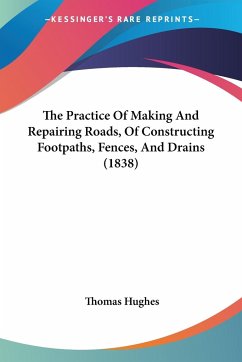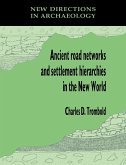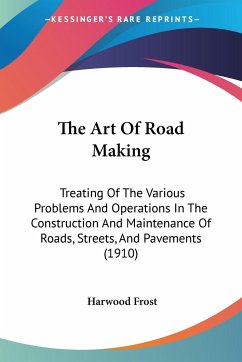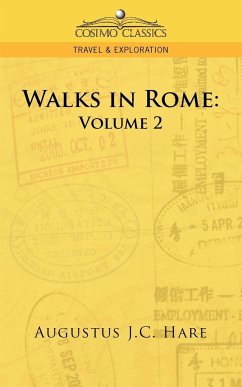The road and the roadside is a detailed exploration of road construction, maintenance, and their broader implications for society. The work investigates the historical, legal, and practical significance of roads, particularly within the context of Massachusetts law, while advocating for an elevated standard of road building and rural development. The author emphasizes how roads have long served as symbols of civilization and advancement, citing examples from ancient societies such as the Roman Empire to illustrate how well-maintained routes contributed to military strength, trade, and governance. In contrast, the decline of road systems during the dark ages is presented as a reflection of societal regression. Early in the text, attention is drawn to the social and economic value of good roads, framing them not merely as infrastructure but as essential components of community well-being and progress. The discussion intertwines practical advice with philosophical insight, arguing that a nation's roads are both literal and metaphorical pathways to greater unity and prosperity. This opening sets a tone of civic urgency, suggesting that investment in roads is a direct investment in the quality of life for all citizens.
Bitte wählen Sie Ihr Anliegen aus.
Rechnungen
Retourenschein anfordern
Bestellstatus
Storno








